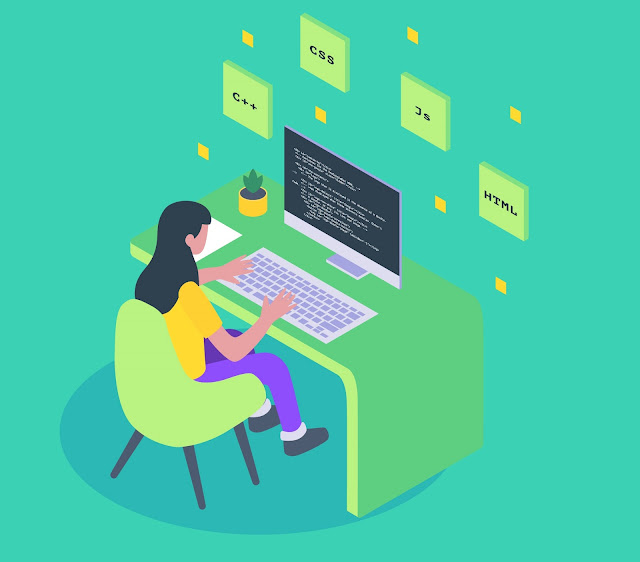Python App Maintenance: Ensuring Longevity and Reliability
In the fast-paced world of technology, developing a Python app is just the beginning. To ensure its longevity and reliability, proper maintenance is crucial. Regular maintenance practices not only help in identifying and fixing bugs but also contribute to enhancing performance, security, and user experience. This article will explore key strategies and best practices for maintaining Python apps to ensure their long-term success.
Version Control and Documentation:
Maintaining a Python app starts with implementing a robust version control system. Utilizing tools like Git or Mercurial enables developers to track changes, collaborate effectively, and easily revert to previous versions if necessary. Furthermore, maintaining up-to-date and comprehensive documentation is vital for the long-term sustainability of the app. Documenting code, APIs, and dependencies helps new team members understand the app's structure and functionality.
Regular Updates and Bug Fixes:
One of the primary reasons for app maintenance is to address bugs and errors. Regularly updating your Python app with bug fixes and patches ensures that it remains stable and secure. Keep an eye on bug reports from users or employ automated error reporting tools to proactively identify and resolve issues. Maintaining a backlog of bug fixes and addressing them in a systematic manner improves the overall reliability and user experience.
Performance Optimization:
As your Python app grows and attracts more users, performance optimization becomes critical. At our Python development company, we understand the importance of regular analysis and optimization of your codebase to ensure optimal performance. Our expert team excels in techniques like code profiling, caching, and database optimization, which can significantly enhance the speed and responsiveness of your app. Additionally, we leverage cutting-edge tools such as load testing and performance monitoring to identify bottlenecks and optimize critical components. Trust our Python development company to deliver a high-performing and efficient app that exceeds your expectations.
Security Upgrades:
With the ever-evolving landscape of cybersecurity threats, ensuring the security of your Python app is paramount. Stay updated with the latest security vulnerabilities and patch any potential security loopholes promptly. Regularly audit your codebase for security vulnerabilities and consider employing security scanning tools to proactively identify and address potential risks. Implement secure coding practices, such as input validation and proper handling of user data, to fortify your app against common security threats.
Dependency Management:
Python apps often rely on various third-party libraries and frameworks. It is crucial to regularly update these dependencies to leverage the latest features, bug fixes, and security patches. However, exercise caution when upgrading dependencies, as compatibility issues may arise. Maintain a well-structured dependency management process and conduct thorough testing after each update to ensure compatibility and stability.
Monitoring and Analytics:
Implementing comprehensive monitoring and analytics solutions allows you to gain valuable insights into the performance and usage patterns of your Python app. By monitoring critical metrics like response times, error rates, and resource utilization, you can proactively identify issues and optimize performance. Analyzing user behavior and feedback through analytics tools helps you understand user preferences and make informed decisions regarding feature updates and improvements.
Scalability and Future-Proofing:
As your Python app gains traction, scalability becomes a crucial factor. Regularly evaluate and optimize your app's architecture to handle increasing user loads. Consider employing techniques like horizontal scaling, load balancing, and cloud-based infrastructure to ensure seamless scalability. Additionally, future-proof your app by staying informed about emerging technologies, trends, and best practices in the Python ecosystem. Adopting new features and frameworks when appropriate can help your app stay relevant and competitive.
Conclusion:
Maintaining a Python app is an ongoing commitment to ensure its longevity and reliability. As a leading Python web development company, we understand the significance of implementing robust version control, regular updates, performance optimization, security upgrades, and effective monitoring. Our expert team specializes in adhering to best practices for maintenance and staying updated with the ever-changing Python ecosystem. With our expertise, your app will thrive in the long run, delighting users and driving its success. Trust our Python web development company to deliver a stable, secure, and user-friendly app that exceeds expectations.



.jpg)
Comments
Post a Comment